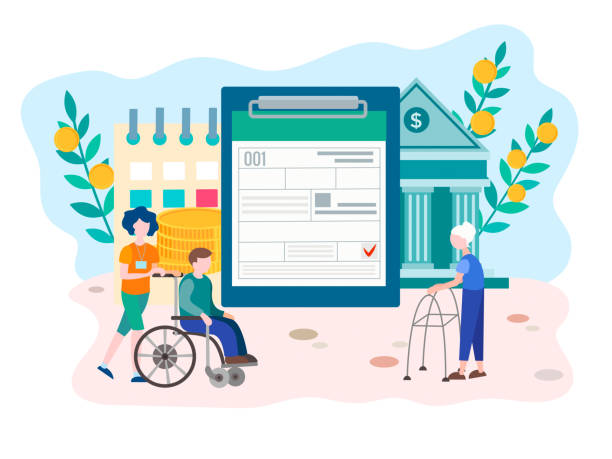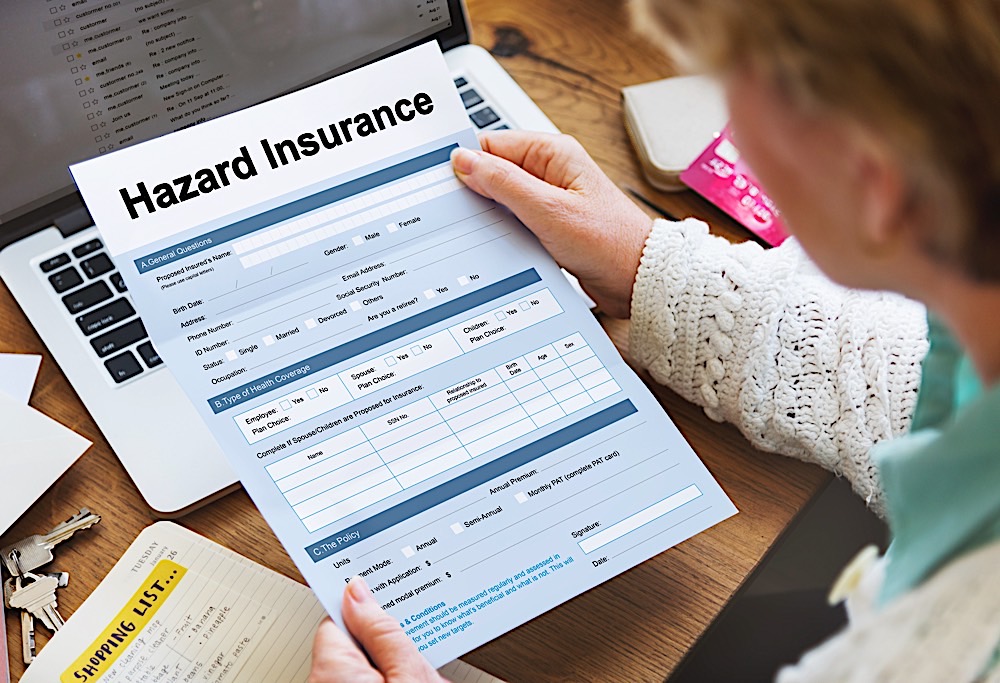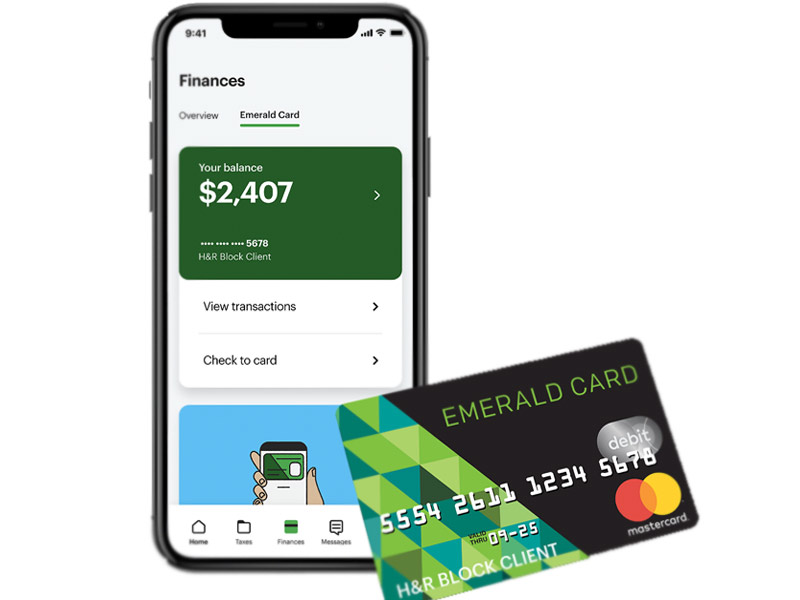Short-term disability insurance can help you fill in the gaps in your income and meet your costs, Read below to find out what types of illnesses are covered by short term disability.
Unexpected events occur frequently in life, such as being unable to work as a result of an accident or contracting an illness. Short-term disability insurance can help in this situation.
Short-term disability insurance provides a percentage of your wage if you are temporarily disabled, which means you are unable to work for a period of time due to illness or injury (excluding on-the-job injuries, which are covered by workers’ compensation insurance).
A typical short-term disability insurance coverage reimburses you 60% to 70% of your pre-disability base wage.
According to the National Association of Insurance Commissioners, these benefits typically last three to six months. Most short-term disability insurance policies include a “cap,” which means you’ll only get a certain amount of money each month.
According to the Insurance Information Institute, short-term disability insurance policies have a temporal limit on how long you can receive benefits — up to two years.
Short-term disability insurance is frequently included in a company’s benefit package. Individual short-term insurance is also available, but it isn’t as widespread as group coverage.
California, Hawaii, New Jersey, New York, and Rhode Island, for example, have their own short-term disability insurance schemes.
What Types Of Illnesses Are Covered By Short Term Disability
You may be unable to work for several weeks or months due to a short-term impairment. A healthcare provider must diagnose this handicap, which might include disorders such as:
- Pregnancy
- Complications of pregnancy
- Disorders of the digestive system
- Disorders of the back and joints
- An injury that isn’t related to your job
- Following surgery, you will need to recover.
- A temporary ailment
Certain diseases, like as mental illness and drug addiction, may be excluded from some insurance’ coverage. Intentionally self-inflicted injuries, injuries sustained while committing a crime, and driving while intoxicated are all frequently excluded from coverage.
What is short-term disability insurance and how does it work?
Disability insurance is an important aspect of a family’s financial preparation.
“The goal of disability insurance is to financially safeguard yourself and your family in the event of illness or injury.” Short-term disability insurance is a terrific idea for a young, developing family who is concerned about replacing income in the case of maternity leave, illness, or injury that is not caused by a workplace accident.”
In most cases, you must have a short-term disability insurance policy in place before being diagnosed with a condition that would qualify you for coverage. If you’re already pregnant, you won’t be able to collect short-term disability payments to cover maternity leave.
To be eligible for benefits in most states, you must have worked for at least 30 days in the previous six months. You must also present medical records to prove your health.
After being eligible for a short-term disability claim, you must wait for an exclusion period before you may begin receiving benefits.
“A benefit usually starts after 0, 7, or 14 days of being judged unable to work.” Make sure your family has enough money to meet home needs throughout the exclusion times,”
There’s also a ceiling on how much you can get in benefits and a time limit on how long you can get them. State-by-state differences exist.
Short-term disability insurance that is not provided by an employer
While most people can acquire short-term disability coverage through their employer, self-employed folks and part-time workers will have to shop around for their own plan.
If you’re in this circumstance, you can acquire coverage through an independent insurance agent or by comparing plans and rates through an online insurance broker. Some trade associations may offer group insurance plans, which can be substantially less expensive than purchasing individual coverage.
For example, the Freelancers Union, a non-profit organization that assists independent freelancers in a variety of professions, offers disability coverage through Guardian Life to its 490,000 members.
Short-term disability policies are frequently less successful than long-term disability policies, which can last for years, according to Stewart, so if possible, acquire employer-based coverage.
“Because of the cost breakdown over time, short-term policies function best when they’re part of your employer’s benefits package.” The costs for group short-term disability insurance will be lower than what you’d pay if you found one on your own, albeit you’ll give up a little choice and policy personalization,” he says.
Is pregnancy covered by short-term disability insurance?
If you acquire short-term disability insurance before you become pregnant, it usually covers pregnancy and childbirth. If you try to get a policy while pregnant, it’s likely that it won’t cover your pregnancy.
A short-term disability coverage will typically cover you for six weeks following a normal delivery and eight weeks if you have twins or triplets. If you have a complicated pregnancy, you might be able to earn a longer benefit term. Depending on the rules, you may be able to begin collecting while still pregnant.
If you have any queries concerning the benefit term, read the company’s policy and contact the firm.
Is it possible to deduct short-term disability?
Who pays the premiums determines whether short-term disability is taxable. It also depends on whether premiums are paid pre-tax or post-tax, according to Corrigan.
“If your employer pays the premiums, short-term disability benefits are taxable and could classified as tax-deductible business expense.
Short-term disability payments may or may not be taxed if an employee pays, depending on whether the employee elects to make pre-tax or post-tax payroll elections.
If the benefits are pre-tax, the employee will be responsible for paying taxes on them. Employees, on the other hand, do not have to pay taxes on the disability income they receive if they pay premiums using after-tax earnings.
How to make a claim for short-term disability
You can usually file a claim as soon as seven days after ceasing to work. To apply for short-term disability benefits, go to your insurer’s website and fill out the claim form. If you have employer-based coverage, you can get this form from your insurer’s website or your HR department.
Fill out the whole form and, if necessary, have your employer fill out the relevant areas or submit a statement. You’ll have to submit details such as:
- When did you stop working?
- Describe your medical ailment or injury in detail.
- When it happened or was discovered
- Information about yourself and your contacts
You’ll also need to sign a document authorizing the release of your medical records, as well as a form certifying your condition from your doctor or healthcare provider.
You can submit the form by mail, online, or, in certain situations, by phone once you’ve gathered all of this information.
Some insurers may seek more information after receiving your claim form in order to determine your eligibility. Most insurers strive to make claims determinations quickly, usually within one week of receiving all of the required paperwork. However, not having all of your paperwork in order might cause delays, so contact your healthcare provider as soon as possible to complete and submit the physician’s statement that insurers want, as well as give any additional evidence your insurer requests.
How do I get a short-term disability insurance policy?
Short-term disability insurance is available from a number of companies, including:
- Aflac
- MetLife
- Mutual of Omaha is a mutual insurance company based in Omaha
- StateFarm
- Life of a Guardian
- LifePreserve
- Northwestern Mutual.
When shopping for an insurance, Corrigan advises reading the fine print and carefully considering your financial condition.
“When evaluating policy alternatives, it is critical that an individual or family review any exclusions or previous condition conditions,” she notes. “Keep in mind that rates are based on the amount of disability income you receive. Examine your present spending and predict future expenses when shopping to ensure that you apply for the proper monetary amount.”
“You have to think about how important you are as a breadwinner. think about having an assurance that provides income for the long term, not just a few months.”



